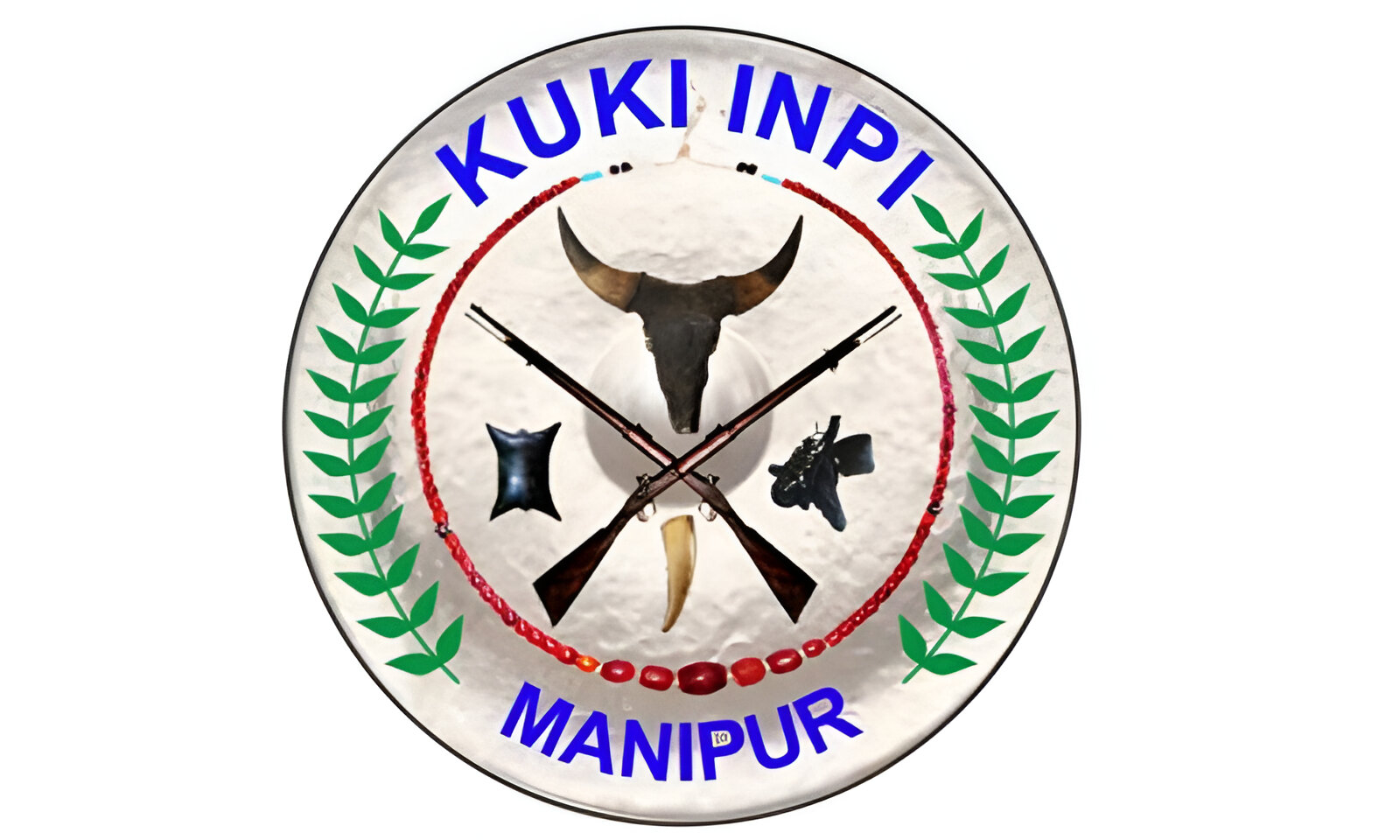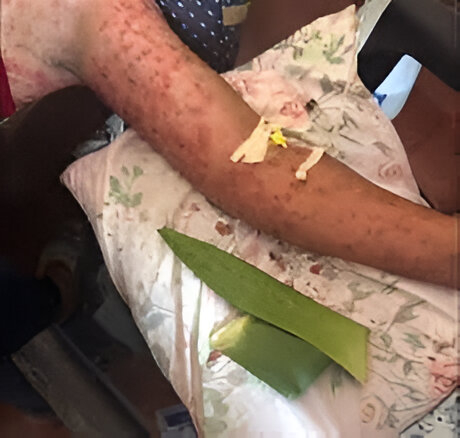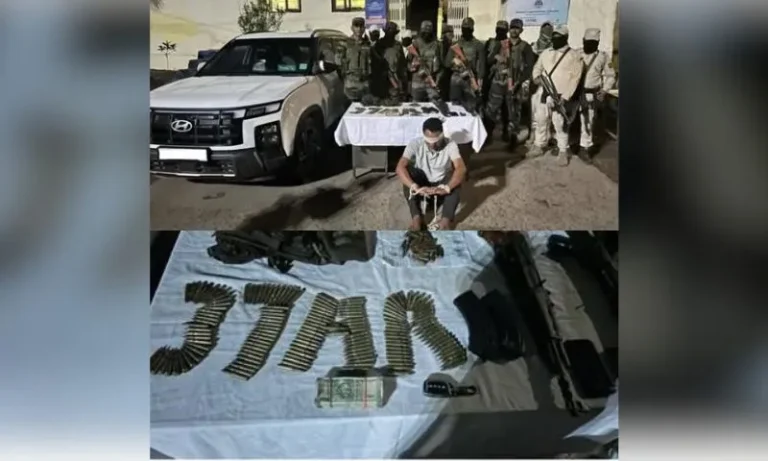Kuki Inpi Manipur Slams RSS’s ‘Chalo Manipur’ March, Warns of Unrest
News Summary
On May 6, 2025, the Kuki Inpi Manipur (KIM), the apex body representing the Kuki tribes in Manipur, vehemently opposed the proposed “Chalo Manipur” march, allegedly supported by the Rashtriya Swayamsevak Sangh (RSS) and its affiliates. KIM described the march as “provocative, deceptive, and dangerous,” warning that such mobilization could destabilize the region and reignite communal violence. The organization accused the state government under Chief Minister N. Biren Singh of ignoring violent acts by vigilantes and implementing biased policies that threaten tribal populations. KIM called for urgent intervention from the central government and international human rights organizations to prevent potential unrest.
Understanding the ‘Chalo Manipur’ March and Its Implications
What Is the ‘Chalo Manipur’ March?
The “Chalo Manipur” march is a proposed mobilization allegedly backed by the Rashtriya Swayamsevak Sangh (RSS) and its affiliates. While details about the march’s objectives remain sparse, KIM asserts that it is a covert attempt to forcibly enter Kuki-dominated hill areas under the guise of rehabilitating displaced Meitei individuals. The march is reportedly set to be launched from Delhi, raising concerns about its broader political and social implications.
Why Is KIM Opposing the March?
KIM’s opposition stems from several key concerns:
- Provocation: KIM views the march as a deliberate provocation that could reignite communal tensions in a region already fraught with ethnic strife.
- Deception: The organization believes the march is deceptively framed as a peace initiative, while its underlying intent is to assert dominance over tribal territories.
- Danger: KIM warns that the march could destabilize the region, leading to potential violence and unrest.
Criticism of the State Government
KIM has also criticized the state government under Chief Minister N. Biren Singh for:
- Ignoring Vigilante Violence: Allegations suggest that the government has turned a blind eye to violent acts perpetrated by vigilante groups against tribal communities.
- Implementing Biased Policies: KIM accuses the administration of enacting policies that disproportionately affect tribal populations, threatening their traditional lands and livelihoods.
Calls for Intervention
In light of these concerns, KIM has made several appeals:
- Central Government: Urging immediate action to halt the march and prevent potential unrest.
- International Human Rights Organizations: Calling for monitoring of the situation to ensure accountability for any incitement or acts of violence.
- Indian Media: Requesting comprehensive coverage to bring national attention to the issues faced by tribal communities in Manipur.
Broader Context: Ethnic Tensions in Manipur
Historical Background
Manipur has a complex ethnic composition, primarily consisting of the Meitei, Kuki, and Naga communities. Historical grievances, competition over resources, and political representation have contributed to longstanding tensions among these groups.
Recent Violence
The state has witnessed significant violence in recent years, particularly between the Meitei and Kuki communities. Incidents have included:
- Clashes: Violent confrontations leading to loss of life and property.
- Displacement: Thousands have been displaced due to the ongoing conflict.
- Militant Activities: The emergence of radical groups like Arambai Tenggol has further exacerbated tensions.
Government Response
The government’s response has been criticized for:
- Ineffectiveness: Failure to prevent or adequately address outbreaks of violence.
- Bias: Allegations of partiality towards certain ethnic groups, undermining trust in state institutions.
❓ FAQs
Q1: What is the ‘Chalo Manipur’ march?
A1: The ‘Chalo Manipur’ march is a proposed mobilization allegedly supported by the RSS and its affiliates, which KIM claims is a covert attempt to enter Kuki-dominated areas under the pretext of rehabilitating displaced Meitei individuals.
Q2: Why is KIM opposing the march?
A2: KIM views the march as provocative and dangerous, believing it could destabilize the region and reignite communal violence.
Q3: What are the main concerns of KIM regarding the state government’s actions?
A3: KIM accuses the state government of ignoring violent acts by vigilantes and implementing policies that threaten tribal populations and their traditional lands.
Q4: What actions has KIM called for in response to the proposed march?
A4: KIM has urged the central government to halt the march, appealed to international human rights organizations to monitor the situation, and called on the Indian media to ensure accountability for any incitement or acts of violence.
Q5: How can lasting peace be achieved in Manipur?
A5: Lasting peace requires inclusive dialogue among all communities, equitable development, protection of tribal rights, and support from international organizations to monitor and assist in reconciliation efforts.



